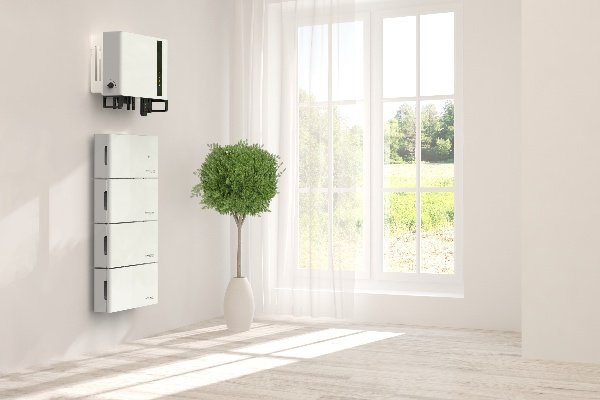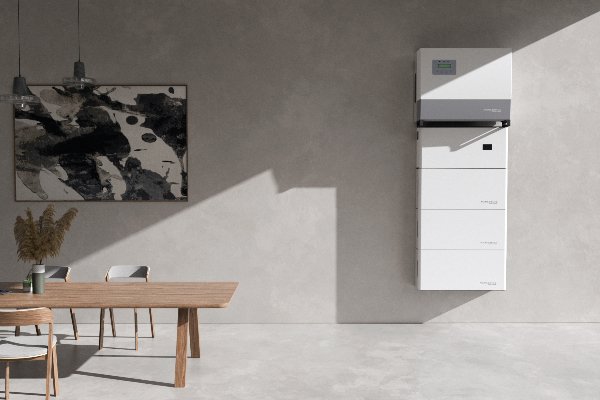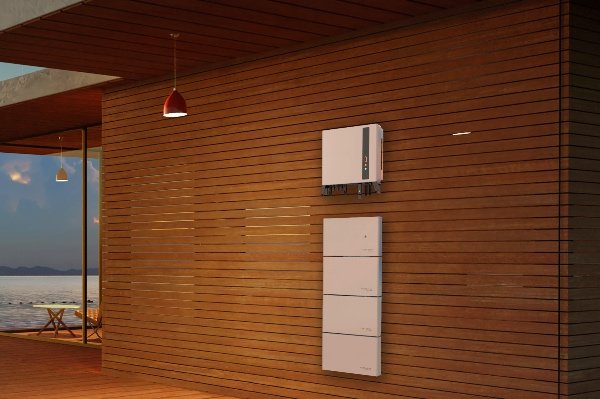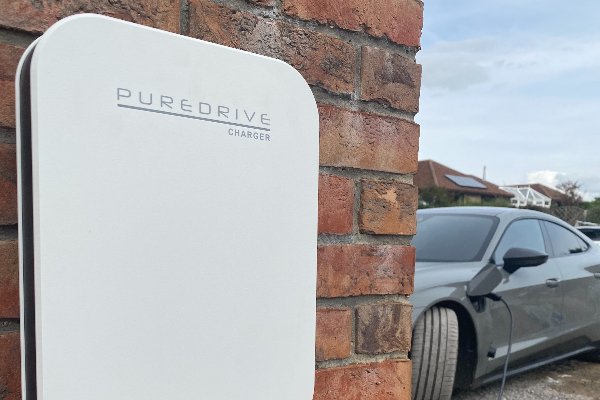This article first appeared in our COP28 issue of My Green Pod Magazine, published 30 November 2023. Click here to subscribe to our digital edition and get each issue delivered straight to your inbox
The renewable energy industry is central to the government’s net zero targets and Puredrive, a British company that designs, develops, manufactures and distributes domestic battery storage systems and electric vehicle (EV) chargers, is perfectly positioned to play a major role in this revolution.
We spoke to Puredrive CEO and founder Mark Millar to answer your questions about solar panels, home battery storage systems and how they can contribute to greener and more cost-effective homes.
Interview with Mark Millar
Why should I consider installing solar panels and a battery system in my home?
Harnessing solar energy and incorporating a home battery storage system can significantly reduce your environmental impact while saving you money on your energy bills.
Solar panels convert sunlight into electricity, reducing your reliance on fossil fuels, and a home battery stores excess energy for use during cloudy days or at night.
Furthermore, this setup cuts your carbon footprint and provides energy independence and resilience during power outages.
How long do solar panels last, and do they require maintenance?
Solar panels typically come with warranties ranging from 20 to 25 years, but they can last longer with proper maintenance.
Small actions can go a long way; keeping them clear of dirt, leaves and snow will help to keep your solar panels operating at their best.
Experts also recommend a professional inspection every few years to ensure optimal performance.
How does a home battery storage system complement solar panels?
A home battery storage system stores excess energy generated by your solar panels, making clean energy available when the sun isn’t shining.
This means you can rely on your stored solar energy rather than drawing power from the grid, which can save you money and reduce your carbon footprint.
What’s special about a Puredrive battery?
All aspects of the operation are based in the UK – from manufacturing to customer service. Homeowners receive aftercare on an ongoing basis, and this doubtless contributes to Puredrive’s excellent Trustpilot score.
Puredrive batteries also have the highest technical specification on the market; they last 67% longer than competitors’ batteries and charge/discharge 100% quicker than other leading brands.
The software integration is pioneering; Puredrive has recently launched a new PURASystem which demonstrates leading communication between smart renewable devices, such as EV chargers, and with time-of-use energy tariffs to provide extra savings.
 Play Video about This Rock Might Just Save The World
Play Video about This Rock Might Just Save The World Play Video about Play 2 hours of rock
Play Video about Play 2 hours of rock Play Video about Play 2 hours of brook
Play Video about Play 2 hours of brook Play Video about Play 2 hours of sheep
Play Video about Play 2 hours of sheep















































